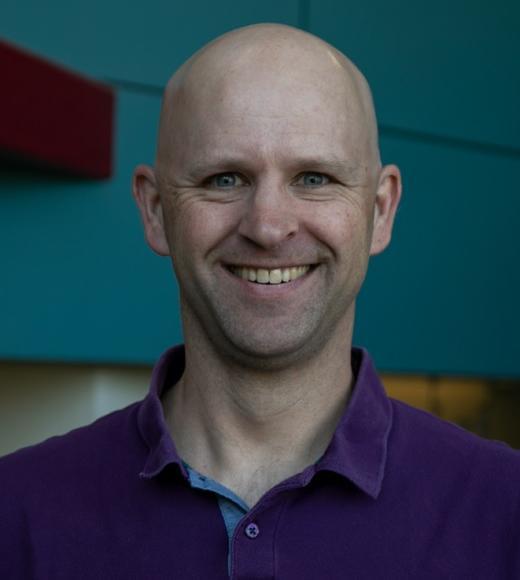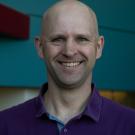UCD ECE Professor John Owens Named a Fellow of the IEEE and AAAS
Quick Summary
- Dr. Owens was recognized for his work expanding the scope of what can be done with graphic processing units (GPUs)
UC Davis’ electrical and computer engineering (ECE) professor John Owens was recently recognized as a fellow within the IEEE and the AAAS.

His research focuses on the intersection of hardware and software, especially for graphics processing units (GPUs): writing software that works well with GPU hardware and building hardware that works well with the software engineers would like to design.
He has also spent much of his career enhancing the capability of the GPU and illustrating and enlarging the class of programming tasks for which the GPU would work better than the CPU.
“GPUs offer the potential of more computing power than the CPU. But they are challenging to target and program. When we began our research program, GPUs were only beginning to be better at a small number of computationally dense, simple, regular problems. But, over the past decade we have shown how to build high-performance graph analytics on the GPU.”
Owens discusses the current challenges in GPU engineering and the areas where GPU engineers are continuing to work.
“Even though GPUs are now ubiquitous in both data centers and personal computers, many interesting problems remain that are not yet GPU-friendly. We continue to identify and target these. One of the challenges for designers of GPUs and GPU software is to balance between the desire for the highest performance and the need to have sufficient flexibility and programmability to address a wide variety of problems. GPUs are squeezed on one side by highly programmable CPUs and on the other side by more special-purpose hardware.”
He approaches the subject with optimism, expecting the field to move forward within a reasonable time.
“In general, I have come to understand that to have impact when building a computer system, it is important not only to build capable hardware but also to build programming systems that allow a wide variety of users to effectively program that hardware. It is my hope and expectation that the next decade will increasingly bring the GPU and other highly parallel machines into the mainstream of programming languages and tools.”
Owens’ perspective comes with the wisdom of years of work in GPU computing, as he’s researched in the field since the beginning.
“Our earliest work in the GPU computing field targeted fundamental algorithms that are now in widespread use in a variety of application domains. More recently, we have investigated both static and dynamic data structures and demonstrated novel design and implementation approaches that can build these data structures on GPUs. And the largest project in our group has been our ‘Gunrock’ framework for graph analytics on GPUs, which has been adopted by both NVIDIA and DARPA and is the standard framework in our field.”
He has developed an analogy to describe the space in which his lab works.
“In general, I like to think of our work as plumbing, that we're building useful components of GPU infrastructure that are important but go undetected by the people who eventually use them. I think the work is important for the same reason plumbing is important: any modern computing system depends on many layers of abstraction beneath what its users see, and efficient and high-performance components at each level are critical in making the system work well.”
Owens expresses gratitude for the support of his colleagues over his career, as well as the chairs and vice-chairs who have strongly and consistently supported building a world-class research program here at Davis.
“I'm grateful to be at a university where amazing students from all over the world would like to study, and to live in a state where students want to build their careers.”
Working with graduate students is by far the highlight of Owens’ career. He looks forward to partnering with them to identify the most important, and most fun, problems to solve and to harnessing their creativity and hard work to find the best solutions.
“Above all I know that my impact will be less found in publications authored or code written and much more in the impact of our graduates as they leave Davis and bring their talents to established and startup companies, universities, and labs around the world.”

